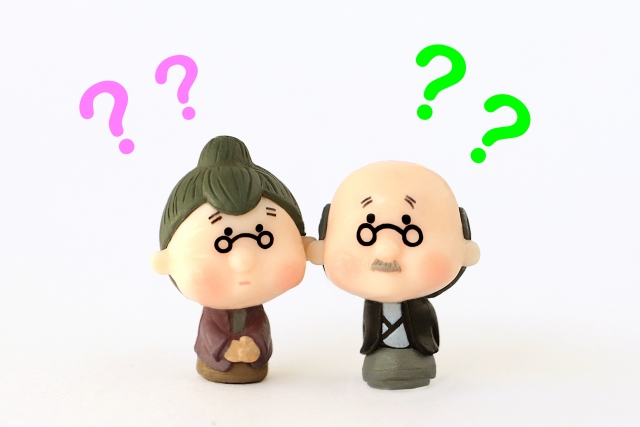Tsukanukoto (つかぬこと – By the Way)
Tsukanukoto
つかぬこと
When asking someone for something, especially when it has nothing to do with the topic so far, we say ‘tsukanukoto wo ukagai masuga‘ (つかぬことを伺いますが) or ‘tsukanukoto wo otazune shimasuga‘ (つかぬことをお尋ねしますが).
誰かに何かを聞くとき、特にそれがこれまでの流れとは関係のないとき、「つかぬことを伺いますが」や「つかぬことをお尋ねしますが」のように言います。
‘Ukagau‘ (伺う) is a humble form of ‘kiku‘ (聞く – “ask/hear”), ‘tazuneru‘ (尋ねる) is a polite form of kiku, and both of which are used in daily conversation.
「伺う」は「聞く」の謙譲語、「尋ねる」は「聞く」の丁寧な表現で、どちらも日常的によく使われます。
On the other hand, ‘tsukanukoto‘ (つかぬこと) is usually used only in the above phrases.
一方、「つかぬこと」は、ほとんど上記の表現の中でしか使われません。
‘Tsuku‘ (つく) means “to attach,” ‘nu‘ (ぬ) is a negative suffix, and ‘koto‘ (こと) means “thing.”
「つく」は “to attach,” 「ぬ」は否定を意味する接尾辞、「こと」は “thing” を意味します。
That is to say, tsukanukoto means that the thing doesn’t attach, and it implies that the topic/question doesn’t related to the previous one.
すなわち「つかぬこと」とは、「直前の話につかないことですが」ということを表しているというわけです。




